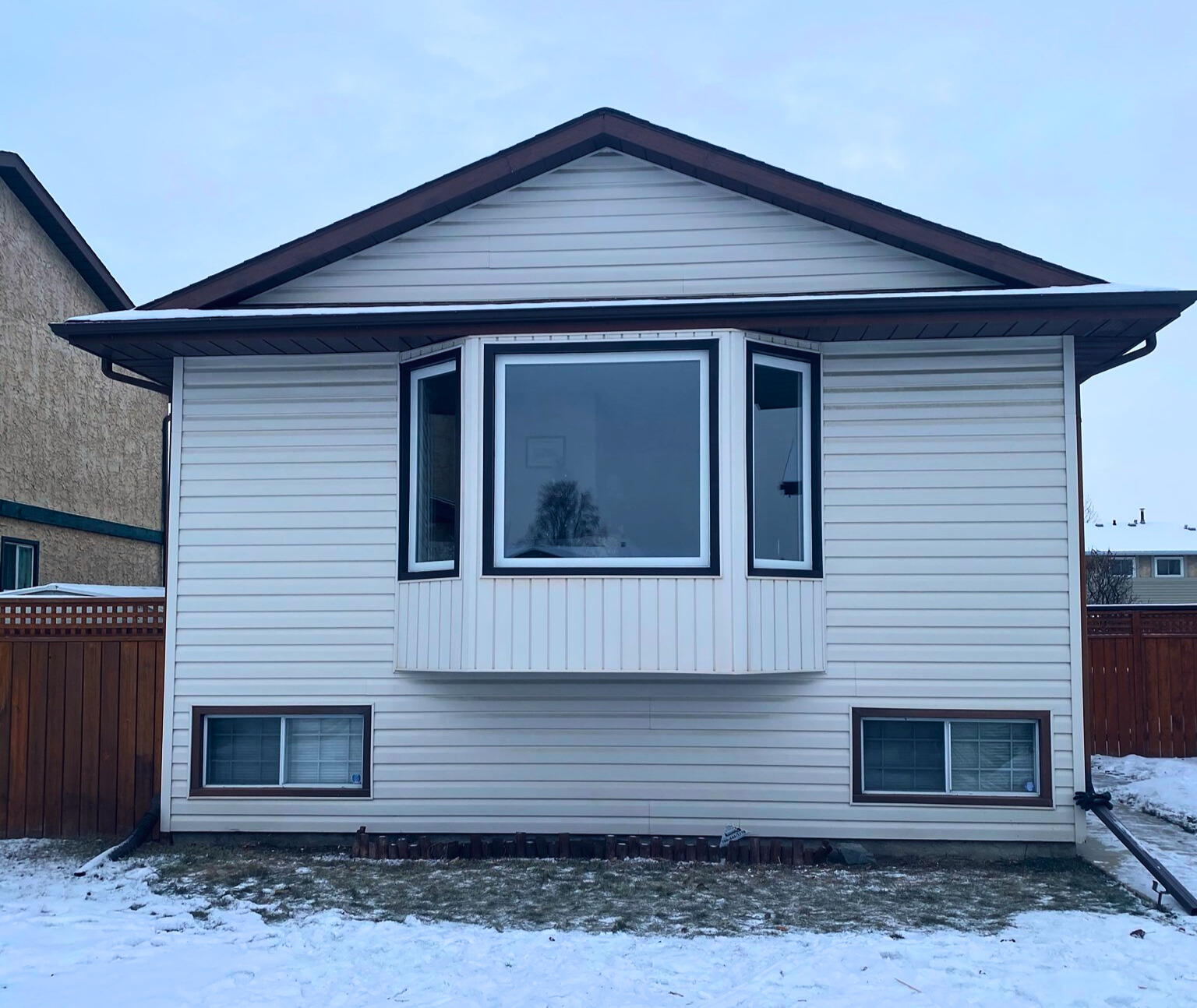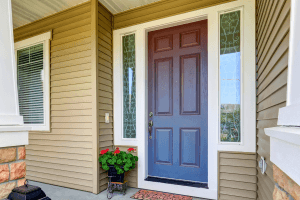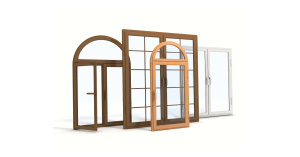One question most homeowners purchasing new windows ask Canglow window managers before they even schedule a window ordering appointment is, “Are there any window promotions or discounts currently available?”.
The fact is that window prices are often not something that is set in stone. Because windows are custom made and require a significant amount of manual labor, there are many variables that come into play when determining a replacement price. This is why you sometimes see unrealistic promotions like “50% off” or “buy 1, get 1 free” on windows. Since the seller determines the final bid price and acceptable profit margin, it’s always easy to say you’re getting something for free, when in fact the price has always been that way. Some window companies base their entire marketing on such “deals.” But no matter what kind of promotion the company is trying to convince you of, there is a sure way to get a lower price on new windows if you know when to buy them.
When is the best time to buy replacement windows?
Although most companies continue installing windows year-round, the best time to buy replacement windows is during the slower seasons in late fall and early winter. This is when the volume of sales in most companies slows down considerably, and project consultants will be more willing to give you a discount to secure more business.
There are two most popular times of the year when people buy their windows. First is in the early spring, when winter has just passed and people had the chance to notice all the problems with their old windows during the cold months. In Canada, this peak time usually falls between mid-March and late April. Another peak time for installing windows is in the early fall when the temperatures drop for the first time and homeowners begin to worry about the coming winter. This peak time usually falls between September and mid-October.
During these times all window companies see an increase in customers, sales, and general volume of work. Some window companies will even try to wiggle out of, or make excuses not to take on smaller jobs of installing just a few windows because there are bigger projects to be done. Of course, there is nothing wrong with buying windows during these peak times but if you are truly looking for a good deal, and if your windows don’t need to be replaced as soon as possible you may be better off waiting until a slower time when the salesman will be more likely to give you a more competitive price. If you really want to get the best price, the best time to shop for replacement windows is around late November to mid-December. Because most companies quote a 4-6 week period for your custom windows to be manufactured and delivered, you will have your installation scheduled for some time in late January to mid-February.
A big benefit of buying windows in the winter time is that there are usually a lot fewer delays when it comes to manufacturing, shipping, and installing your windows. Sure, there is a chance your installation may get moved on the day of because of bad weather, but overall the wait times for receiving and installing your windows are much shorter in the winter compared to the busier spring and summer seasons.
Which brings most homeowners to the next big question:
Can my windows be installed in the winter time?
We devote a lot of time on our blog, and in conversations with our clients, trying to drive home the importance of correctly installing windows. The success and longevity of your window replacement ultimately depend on two factors: the quality of the windows you buy, and a correct installation that will ensure no water or moisture enters inside the wall. No matter how expensive or efficient your windows are, they won’t last long or protect your home if they aren’t installed correctly. A properly executed window installation is effective regardless of when the windows are installed. It is more important that the window installer follows the right procedures for installing in that particular weather.
In some ways, installing windows in the winter is even better for making sure the problem areas are fixed and sealed properly. In the winter time, the window installers can usually see signs of moisture from recent leaks and can quickly identify where the problem is coming from. In the summer months, this may not be possible as the windows and frames surrounding them may be dry and it can be nearly impossible to tell where the leak is coming from or if there are problems at all unless the wood is showing obvious signs of rotting.
In the last couple of years, as the number of our winter window installations increased, ratio-wise, we actually noticed a significantly smaller number of issues with our winter installations compared to the summer ones. Why?
Difference between installing windows in the winter or summer months
Although overall winter installations vary little from summertime, the processes employed are somewhat different. In order to reduce the energy consumption in the house and prevent heat loss, work is usually done on one window at a time. This means the window installer has to ensure a window is finished before starting work on another one. Good installers will also close the doors in the room they are working in and try to keep doors in the whole house closed as much as possible. Another sign of prepared installers in the winter time is whether they use tarps or booties to make sure as little water and mud end up in the house as possible. It also goes without saying, installers should clean up after themselves once the window installation is complete.
Although this means window replacement jobs in the winter take a significantly longer amount of time, the tradeoff is in the extra care taken by installers and minimum discomfort for you and as little heat loss as possible for your home.
Generally, winter window installations can be performed in wind chill down to as low as -20°C.
Although the vinyl in your modern windows is made to withstand such cold temperatures, it does become more brittle and therefore harder to cut. It is therefore not advisable to install bay or bow windows in the winter time, as they require intricate cutting of smaller pieces, which are difficult to get right in colder weather.
Similarly, for windows with aluminum cladding or capping on the outside, the finish is often not put on until warmer temperature as it requires precise bending work which is made more difficult by the low temperatures.
Another detail important to seasonal installation is the kind of materials that are used by the installers. Certain insulating foams and caulking are rated for lower temperatures than others. In the winter time, our installers switch to foam and caulking that stays malleable at the lowest temperatures possible. It is also possible to warm the caulking and foam up before application to ensure it can be put on properly. Generally, installations don’t go on if the temperature is lower than -20°C because caulking becomes brittle and difficult to apply.
Something that isn’t often taken into consideration by the homeowners is the effect snowfall has on window installation. Window replacement companies are generally not responsible for clearing the snow around the house or the windows in order to perform the installation. Therefore, it is the homeowner’s responsibility to ensure the area is adequately cleared. This can often pose problems with installation or post-installation service, so take accessibility into consideration when planning your window replacement.
Ultimately, the concern with winter installations is not so much about the temperature outside, but with the amount and kind of precipitation on any given day. Most companies won’t work during a hard rain or snowstorm or in significant wind. If your installation cannot be performed on a specific day because of severe weather, the company will do their best to accommodate it on the closest available day. If the weather is disastrous for several days in a row some companies will be willing to wait until a warmer break to perform the installation. Either way, a good window company should work with you to find an agreeable installation date that works for both parties.
There is no doubt that you should try and get the best deal possible on your new windows. Of course, as long as they are efficient and have the right energy ratings to back them up. It is also important that the company installing them knows what they’re doing and won’t botch the job whether it be warm or cold outside. But if you’re not particular about when your windows have to be installed, you can benefit from some good savings by ordering and installing windows in the winter time.


